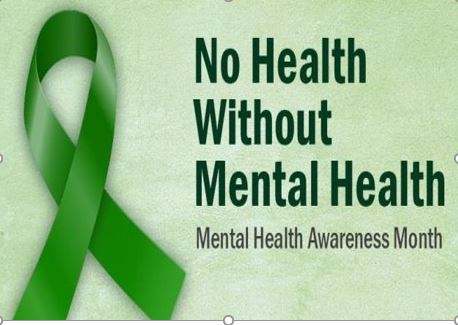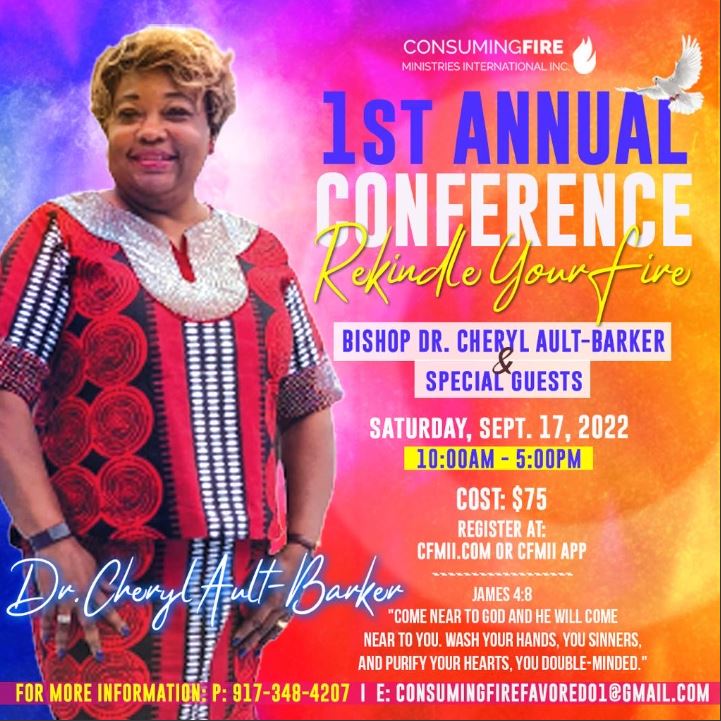By: Jackie Barker & Pretha Wilson
Mental health can be defined as the emotional, psychological, and social well-being of a person. It can affect the way we think, feel, and act towards ourselves, family, community, or other members of society. It also helps determine how we cope with stress and interact with others. Mental health is important at every stage of life; childhood, adolescence, and adulthood.
This article is intended to raise awareness of the growing concern for the mental health of citizens as they navigate the Coronavirus (COVID-19) pandemic. It also coincides with Mental Health Awareness Month celebrations, May 2020.
The coronavirus pandemic is the source of great stress, arising from altered daily routines, financial pressures, and social isolation. Many people have genuine concerns such as worrying about getting sick, loss of income or employment, what would be the extent of the pandemic and what the future will bring. In addition, the constant images of the sick and suffering and even the dead flood the news cycle resulting in information overload. The information, rumors, misinformation and mystique associated the coronavirus all combine to make life feel uncontrollable. The worries and anxiety associated with coronavirus and its impact can be overwhelming causing individuals to develop a feeling of disillusionment and emotional stress.
Among the far-reaching effects of the pandemic is not only the feeling of stress but the fear, loneliness and abandonment experienced as a result of social distancing and quarantine measures. Social distancing require that persons maintain a recommended ‘six feet space’ among individuals once outside the home; this is done to avoid being exposed to the coronavirus. Such distancing, however, means that one can no longer interact with other individuals outside the home and sometimes even within same households in conventional ways such as hugging, hand shaking, high five etc. Quarantine on the other hand, also resulted in some additional and unintended consequences. Many people were unexpectedly disengaged from their close circle of associates, separated from friends, family, and even lost face to face interactions with their counsellors. This has caused stress for many, triggering the onset of symptoms of anxiety.
If left unchecked, stress and anxiety can contribute to mental health disorder. Mental Health Disorder is a health condition that is characterized by alteration in thinking, mood swings and behaviors associated with impaired mental functioning. However, mental disorder does not have to be permanent, it is possible, that with early professional intervention and treatment, the recovery process can be initiated.
The following are strategies to help combat the symptoms of Mental Health Disorder during this period
- Get adequate sleep (6-8 hours) a night.
- Participate in regular physical activity.
- Eat healthy
- Focus on positive thoughts
- Use your moral compass or spiritual life for support.
- Limit exposure to news media.
Here are some useful resources you should know
- If you need someone to speak with, you can call: 1-888-364-3065 24-7 hot line.
- Other services-
-NYC Well is a free and confidential 24/7 service that can help you find care for mental health and substance abuse concerns.
-Hospital Psychiatric Emergency Rooms-Children 18 and younger can visit a psychiatric emergency room for treatment for emotional or behavioral emergencies.
-Children’s Mobile Crisis Team- Children’s Mobile Crisis Teams provide care and short-term management for children and adolescents 20 and younger who are experiencing severe behavioral crisis.



